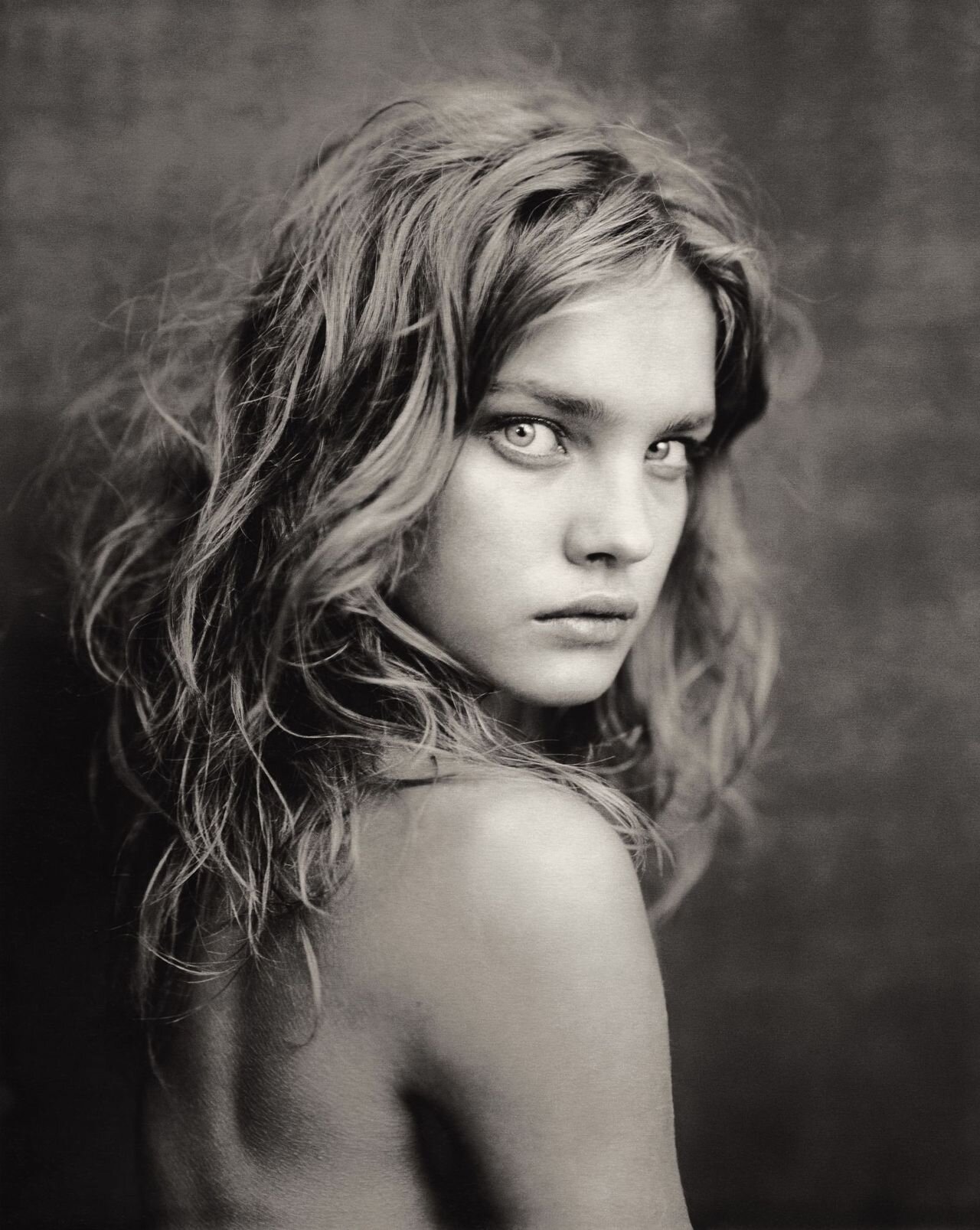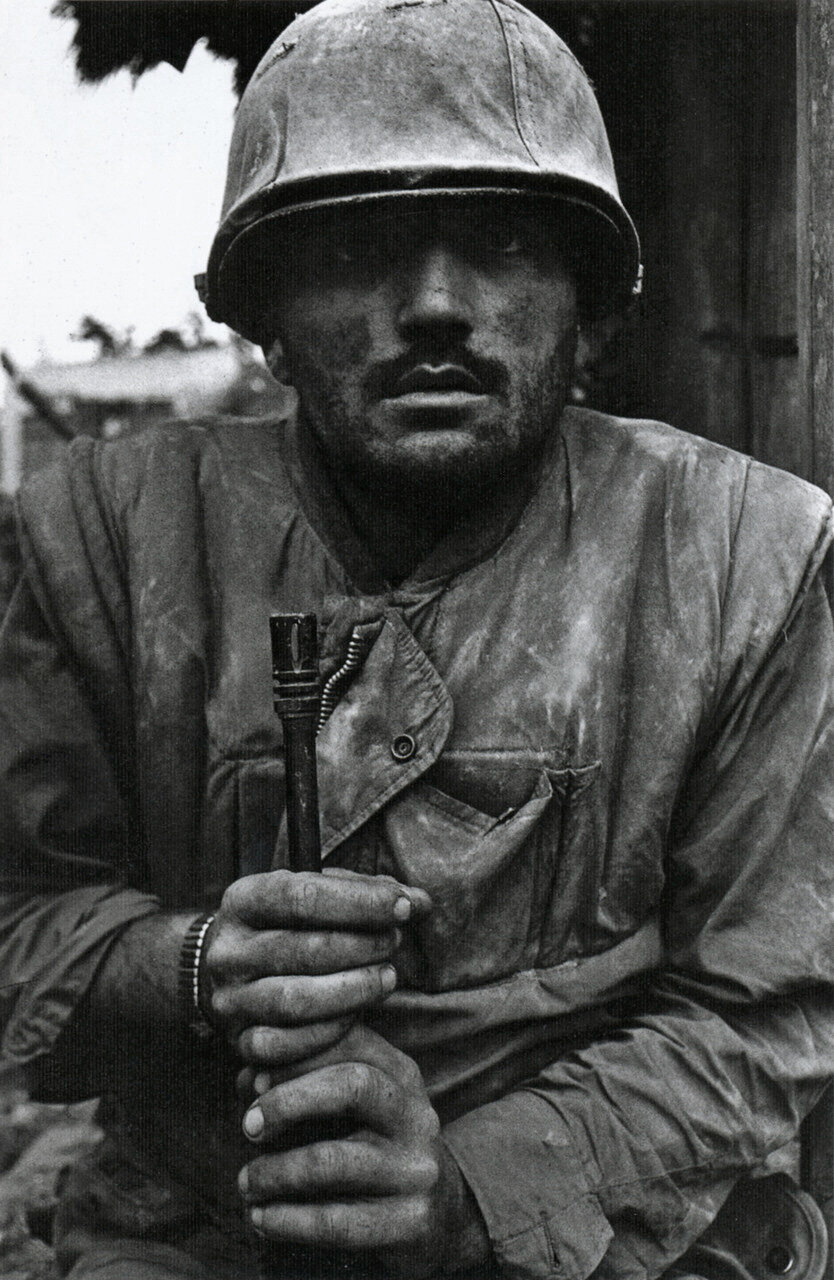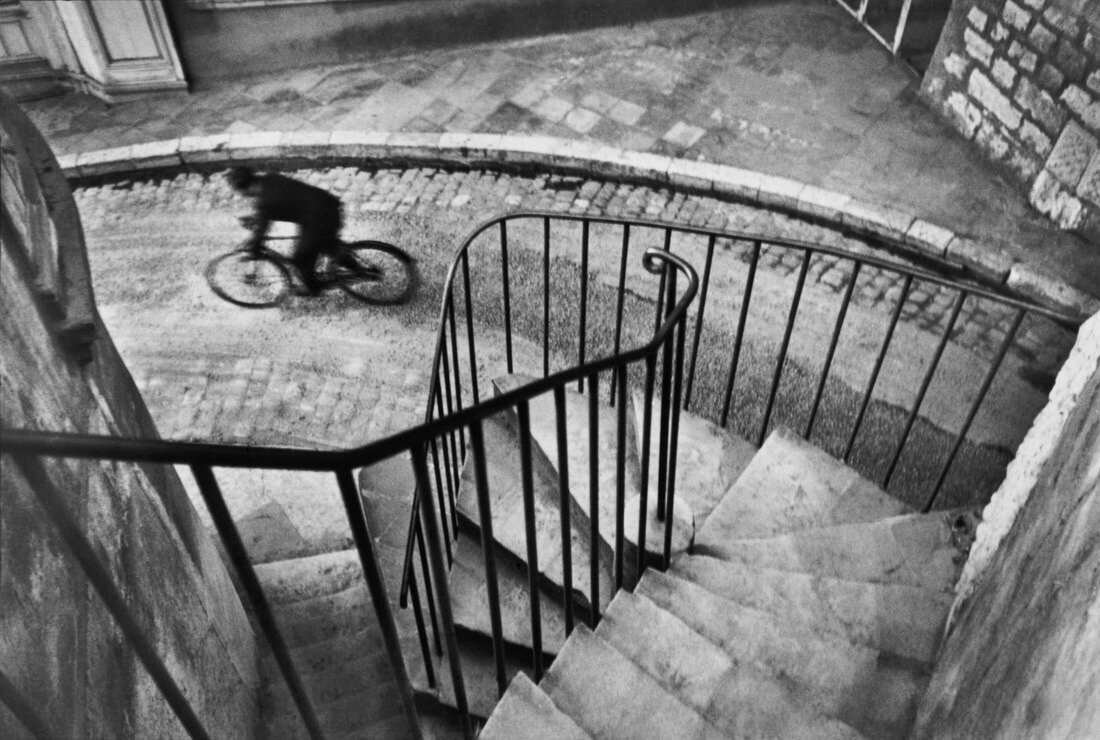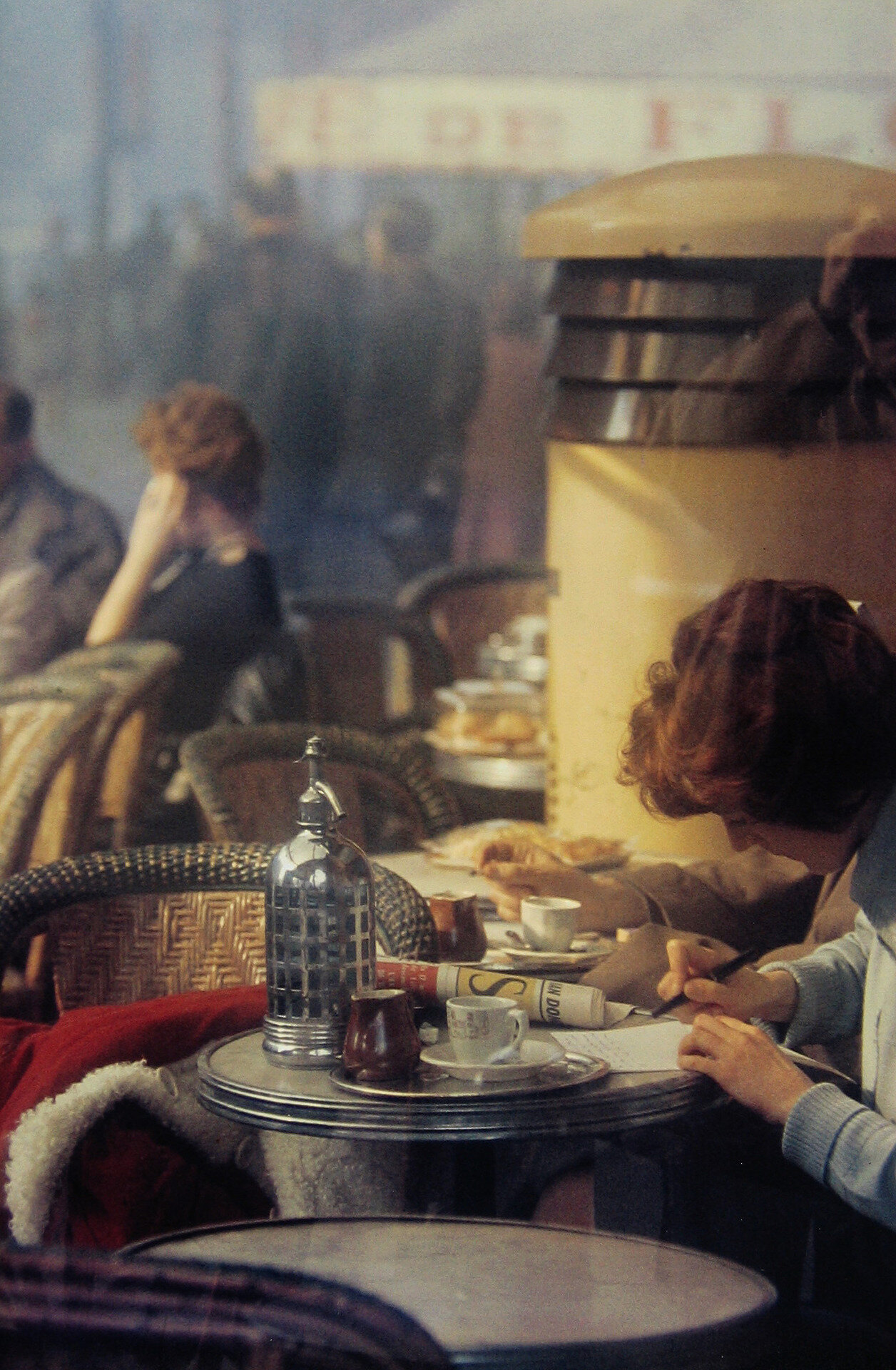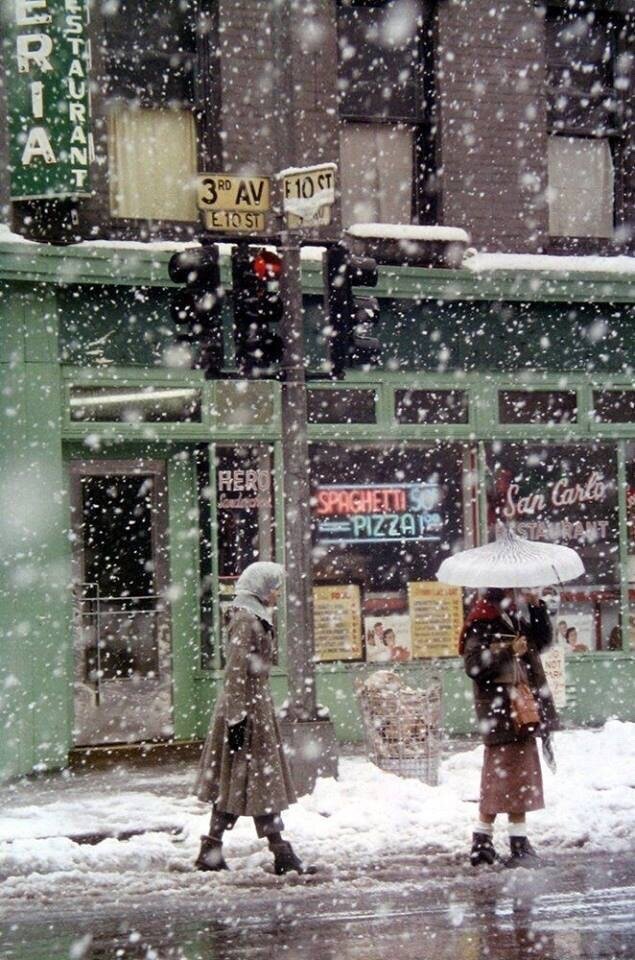"I'm not taking a photograph, I'm making a photograph." - Ansel Adams
I want to talk about an important subject, which inspires disagreement...cropping photos.
"Wait, Sensei...what is cropping a photo?"
Cropping a photo means to cut out edges of the photo in order to improve the photo, or to improve the composition.
I want to say this right now...there is absolutely nothing wrong with cropping your photos.
“Why, Sensei?”
Because...THERE ARE NO RULES.
This is the main idea I try to impart here in my blog posts and in my conversations with other photographers…there are no rules.
It is your photo, your art…you can do absolutely anything you want... whenever you want...in any way you want.
(Let me be clear here, though...if a photographer crops a photo, or manipulates it in any way using Photoshop or some other method...but claims that he or she did not do so...then that photographer is being dishonest. There is nothing wrong with manipulating an image any way the photographer wants....but, she or he cannot lie about it. And this is especially of utmost importance with regards to documentary photography and photojournalism.)
So, to continue about cropping photos…
There is a well-known and popular YouTuber/photographer, Jared Polen, who has been around for years. His videos are very informative, and I have learned some things from him, and I do like him and his videos. But...he takes every opportunity to say that he never crops his photos. What he is basically saying is..."I'm so great, I don't need to crop." This is ridiculous.
Many great photographers crop, many legendary photographers crop, many famous photographers crop…photographers have always cropped, from the earliest beginnings of photography.
There is another popular YouTuber/photographer, Sean Tucker. I also like his videos very much. He posted a video on cropping, in which he explained that there is nothing wrong with cropping. And he explained that he does crop sometimes. Ok, so far, so good.
But, when he said that he cropped, he said it in an almost apologetic manner..."I crop just a little bit...to just tighten up the composition a little." (I'm paraphrasing him).
Why does he need to qualify the statement that he crops? Either it is ok to crop, or it is not ok…no matter how much. If you say that cropping is ok, but then you quickly say that you only crop occasionally, and only crop a little bit...why are you making excuses for it? Why do you feel compelled to make sure you say "only a little?"
Again, I like both of these people, and I like their videos and what they do. My issue here is with their comments on cropping. And I'm only using them as an example because they are popular and have big followings...there are many other photographers who claim they don't crop, as if that makes them special.
So, let me just clearly say it here…I crop whenever I want....as much or as little as I want. I do not hesitate for a moment.
If I think it will improve my image, I'm cropping it. Period.
It is very important to understand that there is absolutely nothing wrong with cropping your image. In fact, it is one of a photographer's key tools and techniques.
I will prove it to you in a moment. But, first, in case you forgot, remember...
THERE ARE NO RULES! ;-)
You do not need to take my word for it...here, below, is just a short list of famous, legendary photographers who are known to have cropped their images. I have also included some of their famous, cropped, images. This is just a tiny list I'm giving you...there are many, many more great photographers, past and present, who have done it, and who continue to do it.
"I would cut any inches off my frames in order to get a better picture.” - Walker Evans
“There are no rules for good photographs, there are only good photographs.” - Ansel Adams
Here are some famous photographers who have cropped their photos:
Ansel Adams - considered by many to be the greatest landscape photographer ever.
Henri Cartier-Bresson - legendary pioneer of street photography.
Arnold Newman - famous master portrait photographer.
Elliott Erwitt - legendary street and documentary photographer.
Edward Weston - He has been called "one of the most innovative and influential American photographers"...and "one of the masters of 20th century photography." The first photographer to receive a Guggenheim Fellowship.
Alfred Eisenstaedt - Famous photographer for "LIFE" magazine.
Robert Frank - Legendary documentary photographer. Created the book "The Americans," one of the most influential photography books of the 20th century.
Dorothea Lange - Famous documentary photographer. Inducted into the National Women's Hall of Fame.
Walker Evans - legendary photographer. Many of his works are in the permanent collections of museums.
This list could go on and on.
And here are some famous photo examples for you, showing how the photographers cropped them:
Arnold Newman (1918-2006), legendary portrait photographer.
Arnold Newman
Arnold Newman
Arnold Newman
Elliott Erwitt (b. 1928), legendary documentary photographer.
Elliott Erwitt
Elliott Erwitt
Henri Cartier-Bresson (1908-2004), legendary master and a pioneer of street photography.
Henri Cartier-Bresson
Henri Cartier-Bresson
Do you see?
Crop to your heart’s content. If it is good enough for legendary master photographers, it is good enough for everyone else, too.







